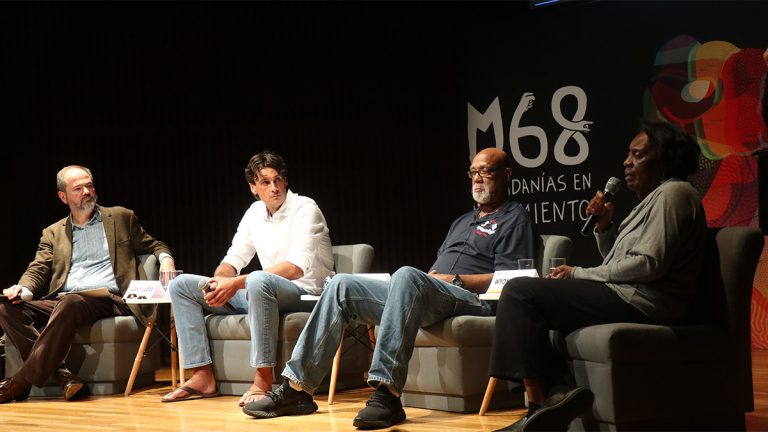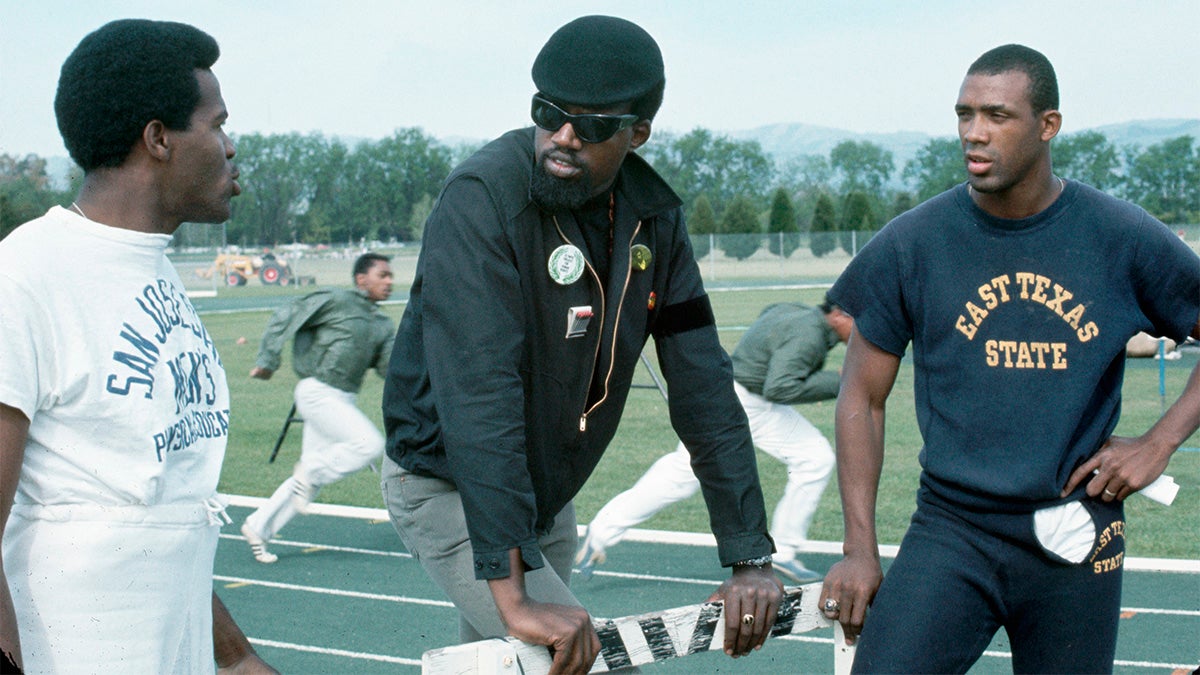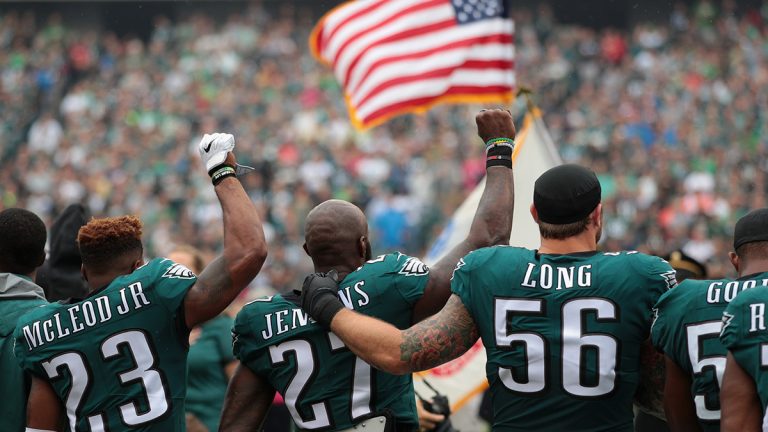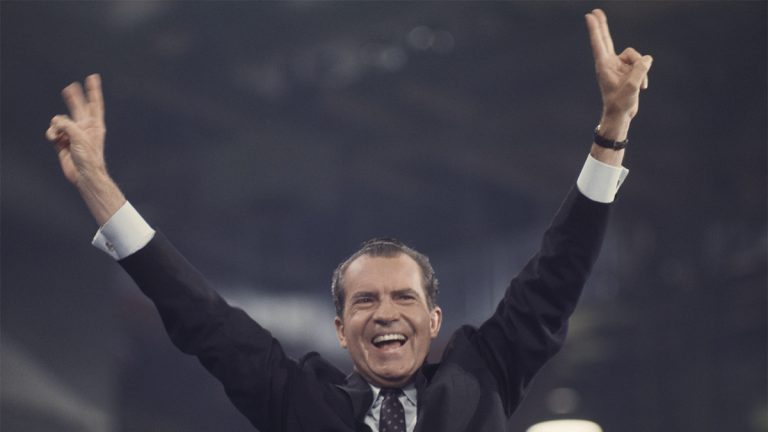Olympic Project for Human Rights lit fire for 1968 protests
Why this matters
The Olympic Project for Human Rights, led by Dr. Harry Edwards, was the spark that lit the match for global recognition of equality.
The 1968 Summer Olympics may be known for the raised fists of John Carlos and Tommie Smith, but where did that protest come from?
The Olympic Project for Human Rights, led by Dr. Harry Edwards, was the spark that lit the match for global recognition of equality.
Established by Edwards at San Jose State in October 1967, the first two athletes to join the group were Smith and Carlos. The original goal was to protest racial segregation in the United States, but evolved to a larger, global purpose as the Olympics neared.
The broadening of its vision and goals was, perhaps, inevitable. “We must no longer allow the Sports World to pat itself on the back as a citadel of racial justice when the racial injustices of the sports industry are infamously legendary,” was written into the group’s founding statement. And the sports world was decidedly global by the late 1960s.
“They’re an organization for human rights,” said Dr. Victoria Jackson, a sports historian and an Arizona State University lecturer in the School of Historical, Philosophical and Religious Studies. “They use the language of human rights rather than racial justice or something like that. This is awareness of a global problem. They are traveling outside of the United States, and they see the same issues taking place elsewhere.”
The OPHR advocated a boycott against the 1968 Olympics unless five conditions were met:
- South Africa, a country under white minority rule, was uninvited to the summer games.
- Muhammad Ali’s world heavyweight boxing title was restored. It had been stripped because of his refusal to take part in the military draft in the United States.
- American Avery Brundage stepped down as president of the International Olympic Committee
- More black coaches were hired, especially for Olympics teams.
- The New York Athletic Club was boycotted for its membership policy prohibiting Puerto Rican, black and Jewish members.
The group succeeded with some of their goals, but not all.
South Africa was banned from participating in the Olympics and remained so until 1992 when the system of institutionalized apartheid was abandoned. Ali’s boxing license was returned in 1970, but his boxing title wasn’t restored until he reclaimed it in 1971. Brundage, who advocated for South Africa to remain in the games, kept his position within the IOC but stepped down as president following the 1972 Games cycle. More black coaches were hired in various professional leagues and Olympic sports. And, athletes boycotted the NYAC.
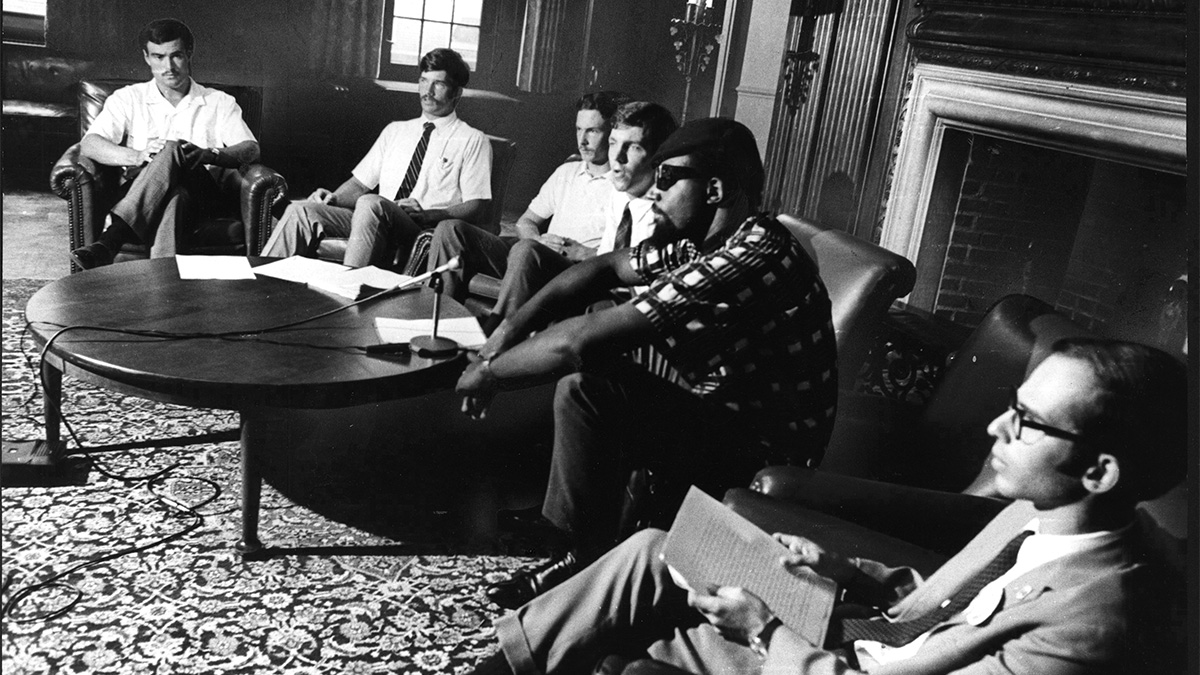
The OPHR consisted mainly of male black athletes. A large voice and one of the first members of the group outside of Smith and Carlos was Lew Alcindor, later known as Kareem Abdul-Jabbar. Alcindor was the only one who carried through with the boycott threat: He chose not to participate in the games as a member of the men’s basketball team.
“If you live in a racist society, you have to react — and this is my way of reacting. We don't catch hell because we are Christians. We catch hell because we are black,” Alcindor said in a 1967 interview with Sports Illustrated.
There was plenty of backlash toward the athletes trying to boycott the Olympics. California Gov. Ronald Reagan publicly said, “Edwards is contributing nothing toward harmony between the races.” At the IOC’s urging, Olympian Jesse Owens publicly tried to persuade his fellow black athletes to give up their efforts.
On the other hand, those in favor of a boycott gained support from well-known black leaders such as Martin Luther King, Jr. A spokesman said King applauded the efforts and that they should be continued. Many other black power organizations encouraged OPHR, but the group wasn’t associated with them.
In the end, the organization’s goal of American athletes within the OPHR boycotting the games did not materialize. Part of the reason: The athletes faced an unpalatable choice. They could either not compete and have another country’s athletes win, or they could compete and represent the people who were against the cause but still earn personal glory. In the end, athletes such as Smith and Carlos chose to compete and find a different way to make a stand.
By doing so, the two American sprinters set themselves on a path that ended with their fists risen in salute on the medals podium. Their actions in support of global human rights issues echoed around the world and through the decades.
While the pair’s protest has been, for many, the enduring image of the 1968 Summer Games, OPHR’s moment was far more fleeting. The Summer Games marked the organization’s zenith. Though Dr. Edwards continued to speak out on racial equality issues, the OPHR quickly faded away as the group disintegrated and other activist groups stepped forward.
Nikole Tower is a senior journalism student at Arizona State University.
Related
